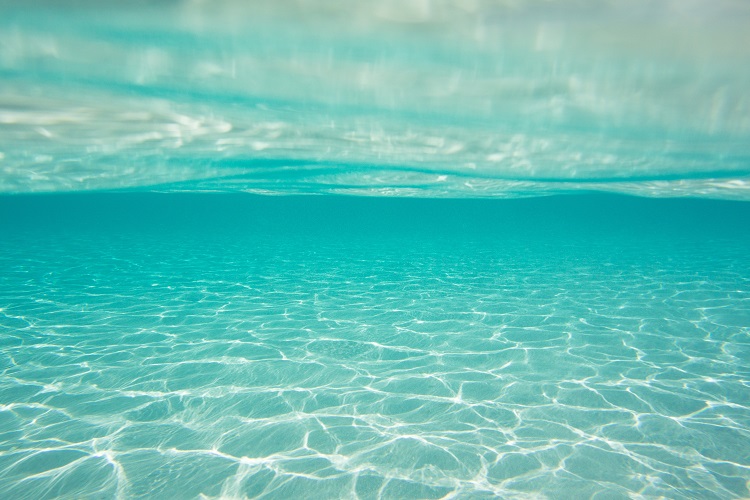
Thirty years ago, a South Pacific radio chief hit me with the greatest jest-cum-compliment I ever received working for the ABC’s international service, Radio Australia.
The joke about the role and reach of radio still holds meaning in today’s vastly different era. It tells something of what Australia used to do—and should be doing again—as a media voice in the South Pacific and Southeast Asia.
In December 1987, as Radio Australia’s foreign affairs and defence reporter, I led a bunch of Oz broadcasters who spent a week in Honiara at a Pacific broadcasting workshop hosted by the Solomon Islands Broadcasting Corporation.
At the end, SIBC roasted a pig and held a great party.
The chairman of SIBC silenced a boisterous crowd with his opening words: ‘It’s been a great week, but we have to talk about the one huge disappointment that we’ve all had. Graeme Dobell, stand up and show yourself. Look at him, everyone: What a disappointment!’
Long pause. Total silence. Then the punchline: ‘Everyone agrees—he doesn’t look anything like he sounds!’
When the roar of approval faded, I came back with an old line that got an equal wave of mirth: ‘Well, of course, I do have a great face for radio.’
The moral of the story is the reach, the intimacy and the connection of radio. To speak across cultures and borders, to be a part of daily life.
The South Pacific is vast but it isn’t empty. Imagine the South Pacific not as a big sea with small specks of land—consider, instead, a full space of overlapping radio voices. The new label, the blue continent, tells much. And the South Pacific as the blue continent is defined as much by its webs as its distances.
Radio was the natural medium for the islands in the 20th century and still has much to offer in this century as new webs add fresh layers. Phones and Facebook— new technology, but ageless needs.
I told the story of the disconnect between my person and my radio persona during a panel discussion of ASPI’s report
Hard news and free media as the sharp edge of Australia’s soft power. You can watch it
here.
The report laments how the great Australian media heritage in our region(s)—the South Pacific and Southeast Asia—has been trashed.
Australia’s international broadcasting service is a
wasting and wasted asset. These are the worst of times for ABC international TV, which is 25 years old this year, and the hardest of days for Radio Australia, which has its 80th birthday next year.
It’s a disgraceful waste of a significant foreign policy asset. Canberra and the ABC should be equally ashamed.
My single, big recommendation is the creation of an
Australian International Broadcasting Corporation. Born of the ABC, drawing on ABC traditions, standards, and resources, but not just the ABC.
We must resolve the conflict between the domestic and international demands of the ABC’s charter and follow the logic of the charter to create a dedicated international instrument. The AIBC would be a distinct media tool with a foreign policy purpose—to promote our interests, influence and values in the Asia–Pacific.
One of my co-authors, Jemima Garrett, illustrates the trashing in simple dollar terms. In today’s dollars, the ABC spent $42 million on its international TV, radio and online efforts in 2010. Today’s official figure, she says, is about $11 million (the ABC is deliberately vague) and the real figure might be around $9 million.
The
Lowy Institute calculates that, ‘in dollars per person, the UK now spends around US$6.40 a year on international broadcasting. By comparison, the ABC spends a paltry 30 cents.’
If the Brit contrast doesn’t work for you, consider that the kiwi now does the heavy lifting in place of the kangaroo. For the first time, New Zealand is spending more on broadcasting to the South Pacific than Australia.
As another eminent scribe,
Kevin McQuillan, writes:
The demise of a strong Australian media voice throughout the Pacific has seen Radio NZ Pacific (formerly Radio NZ International) become the dominant international media outlet in the south-west Pacific, Melanesia, Polynesia and Micronesia. Lurking in the background is Radio China International, which has taken many of the ABC’s shortwave frequencies, and is reportedly spending billions in foreign language programming to boost its presence.
The times are demanding, and it’s time for Australia to get back into the media game in its own region(s).
You’ll find a good summation of the argument near the end of the panel discussion
video (at 57 minutes in) based on a wonderful question from Stephen Loosley, the former
Labor senator and previous
ASPI chairman.
Loosley asked whether the new AIBC should be taken from the ABC and housed in the Department of Foreign Affairs and Trade.
My heartfelt answer: ‘No!’
With all the burdens that Oz diplomats carry, they shouldn’t have to take responsibility for Oz journalism.
The ABC model of independent public broadcasting can amplify Australia’s voice through an AIBC devoted exclusively to that international work.
Public broadcasting has a power that state media can never have, precisely because the public broadcaster is free to anger its own government. That confers great legitimacy and power on public broadcasting. No wonder governments get angry.
Australia should put that independent heritage back to work to serve its foreign policy interests and influence, and express its national values.
 Print This Post
Print This Post